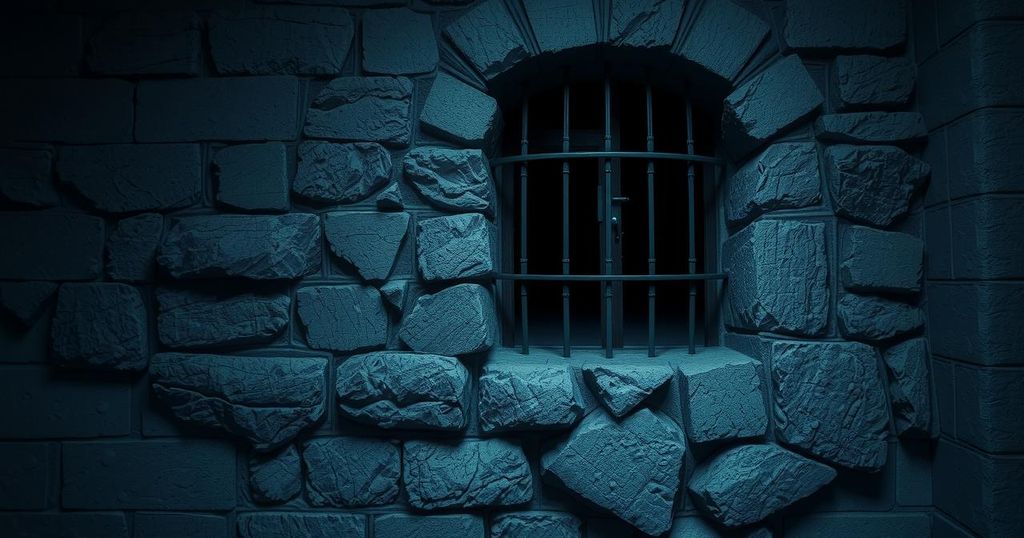Jagtar Singh Johal, a Scottish activist, has spent over seven years in an Indian jail after his abduction in 2017. Recently acquitted of one charge, he continues to face numerous accusations, including terrorism, despite lacking criminal evidence against him. His family alleges torture and calls for his release, amid growing concerns about the fairness of his trial and the role of the UK government in advocating for his freedom.
Scottish activist Jagtar Singh Johal has been imprisoned in India for over seven years since his abduction on November 4, 2017, while visiting Punjab for his wedding. His family alleges that he was forcibly taken by local police, with a hood placed over his head, and has remained in custody without any convictions. Recently, he was acquitted of the first of nine charges against him, yet the Indian government continues to label him a terrorist, accusing him of involvement in planning violent acts that resulted in multiple killings.
Johal is facing numerous accusations, including participation in a terrorist gang and conspiracy to commit murder, all aimed at his documentation of violence against Sikhs in Punjab during prior conflicts. The prosecution claims he financed terrorist activities in 2013, linking him to the Khalistan Liberation Force. However, no concrete evidence has been provided, leaving uncertainty regarding his actual involvement in the crimes attributed to him.
Initially, Johal’s brother, Gurpreet, believed his sibling was missing before discovering he was detained under severe allegations. Johal’s accounts reveal torture, including beatings and electric shocks, suggesting coercion in obtaining a confession. Videos surfaced showing him allegedly confessing amidst concerns for his safety, prompting Gurpreet to advocate for his brother’s release through media and political channels.
Over the past seven years, numerous legal hearings have revealed no credible evidence against Johal, prompting criticism of the judicial process. Legal representatives from Reprieve argue that his confession was obtained through coercion and should be considered inadmissible. Most recently, after a judgement from Judge Harjeet Singh, Johal was acquitted due to the prosecution’s failure to provide substantial evidence linking him to any unlawful activities.
In this recent ruling, it was established that the arresting officers could not produce any incriminating evidence against Johal, which raises questions about the reliability of witness statements. Testimonies from individuals associated with the case have been scrutinized, revealing contradictions and potential coercion, indicating a deep-rooted issue within the evidence presented.
Reprieve highlights that the case against Johal was fundamentally flawed from its inception, with calls for a reevaluation of the remaining charges against him. The current situation suggests that other legal proceedings against him might be similarly undermined by the outcome of the Moga case. Gurpreet remains hopeful for his brother’s release, emphasizing the need for the UK government to take decisive actions to expedite Johal’s freedom.
Meanwhile, a UK government minister acknowledged the urgent need for Johal’s release, indicating an official progression in addressing the issue. Gurpreet expressed optimism following the recent acquittal, highlighting the emotional impact it has had on their family. While the Indian authorities maintain their stance of adhering to legal processes, the unfolding events underline a complex mix of legal and human rights concerns.
Jagtar Singh Johal’s protracted imprisonment in India raises significant questions regarding due process and human rights. After a recent acquittal of one of several charges against him, concerns remain about the evidence presented in his case and the implications for ongoing legal battles. The lack of concrete evidence, coupled with allegations of torture, has ignited discussions about the fairness of his treatment. Johal’s family continues to advocate for his release, highlighting the crucial role of international intervention, particularly from the UK government, in resolving this case.
Original Source: www.bbc.com




